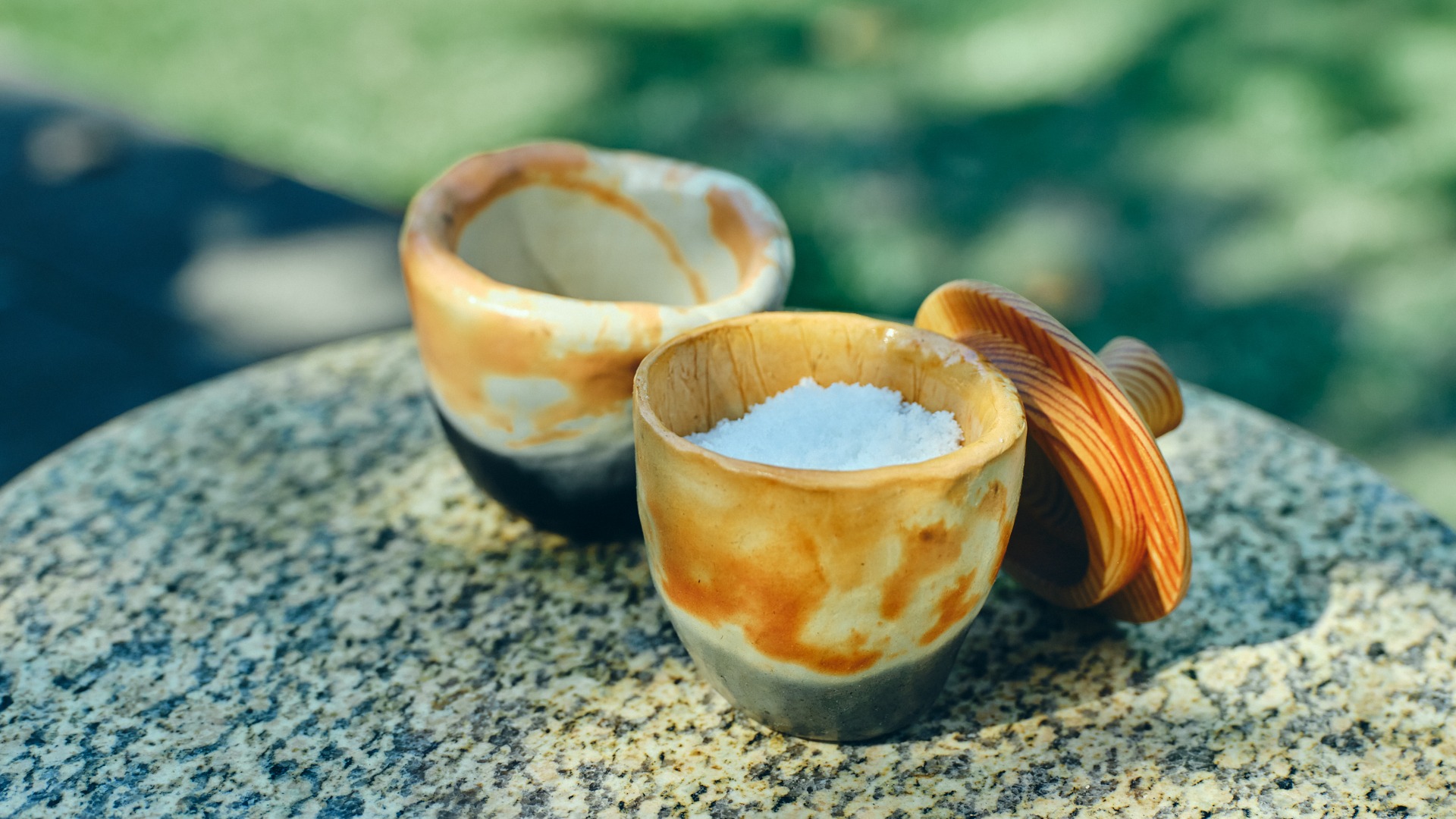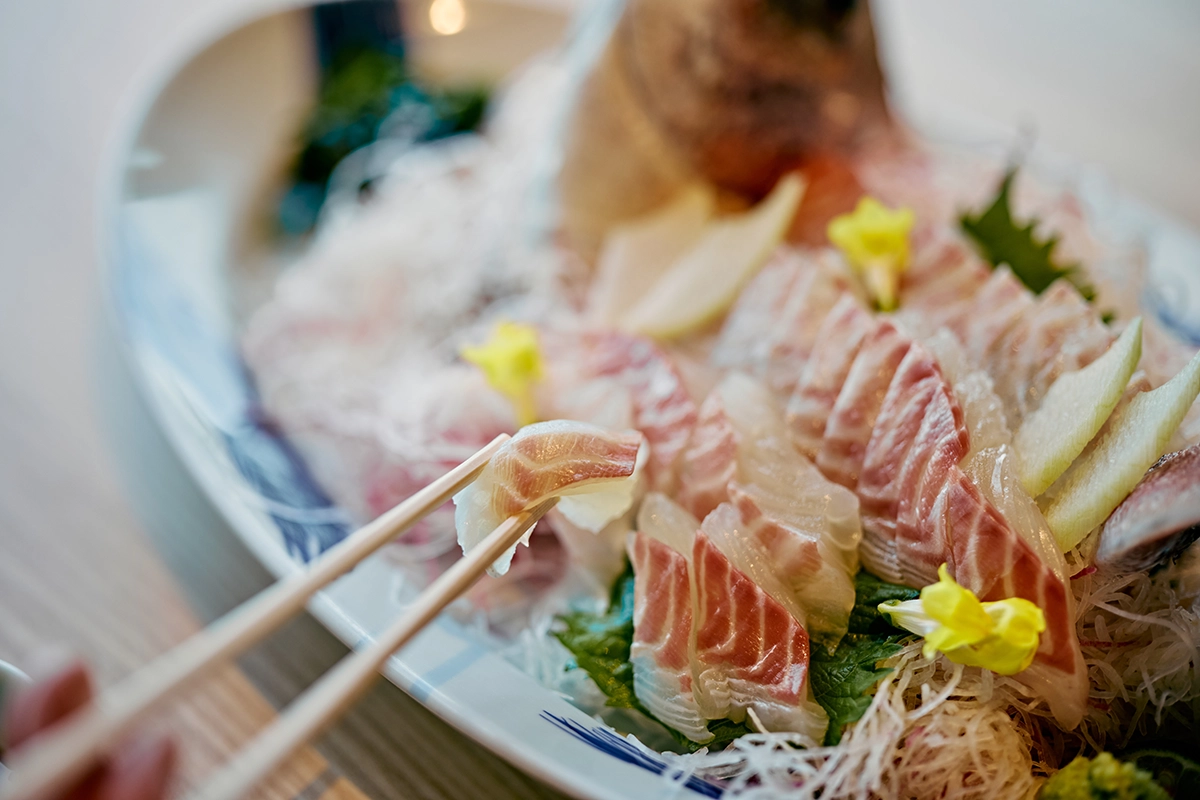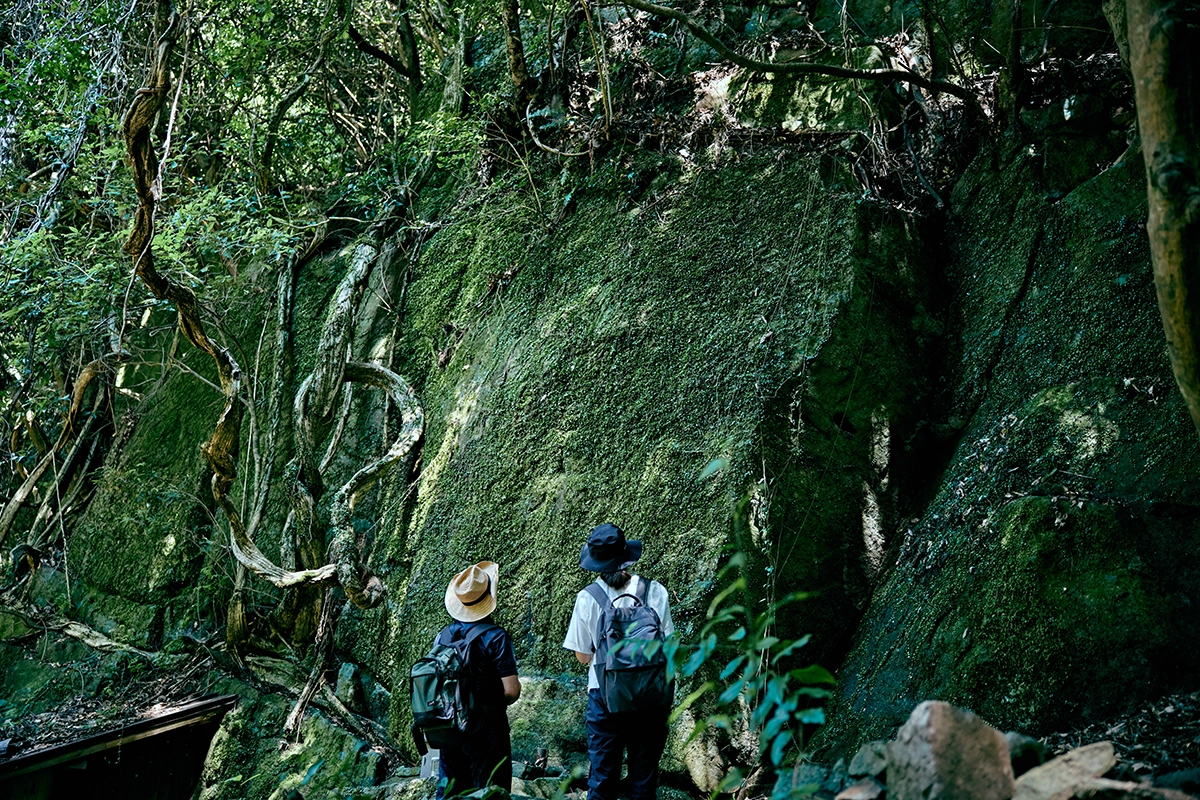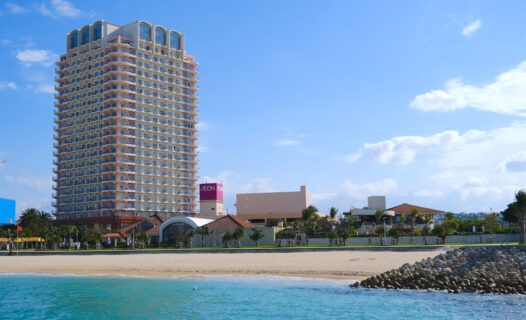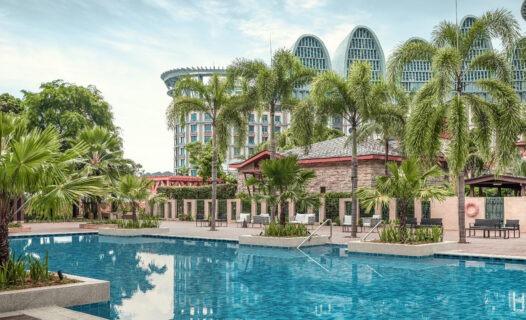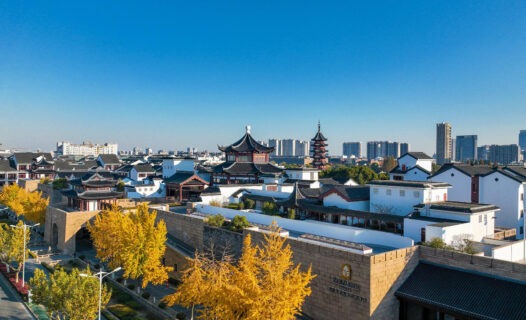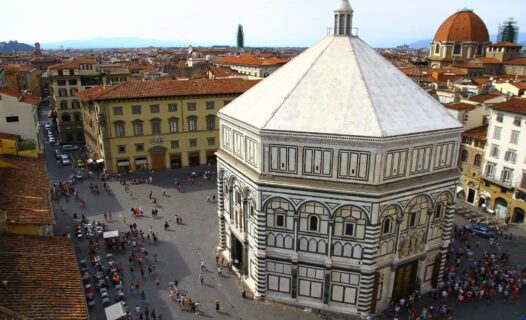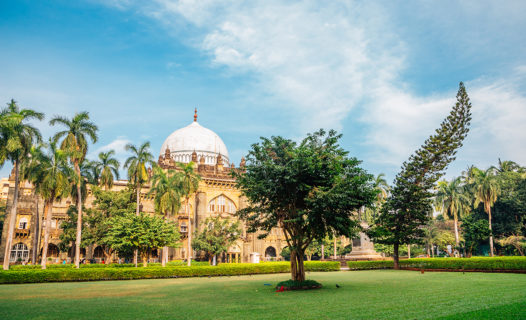Overview of Gwangju’s Kimchi Festival: A Celebration of Flavor and Culture
Welcome to the Gwangju Kimchi Festival, an annual extravaganza that celebrates one of Korea’s most iconic dishes! This vibrant festival, held in the heart of Gwangju, is a feast for the senses and an exploration of the rich tapestry of Korean culture. From the moment you step into the festival grounds, the tantalizing aroma of fermented vegetables fills the air, inviting you to embark on a culinary adventure like no other.
The Gwangju Kimchi Festival is not just about kimchi; it’s a celebration of community, tradition, and the art of cooking. Each year, thousands of visitors flock to this cultural event to experience the joy of making and tasting kimchi, as well as to participate in various activities that highlight its significance in Korean cuisine. The festival has gained global recognition, showcasing how this beloved dish is more than just food—it’s a vital part of Korea’s culinary heritage.
As you wander through the festival, you’ll encounter passionate locals eager to share their stories and secrets about kimchi-making. This event plays a crucial role in preserving these traditions, ensuring that future generations continue to appreciate the flavors and history behind this beloved dish. Whether you’re a seasoned foodie or a curious traveler, the Gwangju Kimchi Festival promises a delightful experience that will leave you with unforgettable memories.
If you’re planning a visit, be sure to check out our guide on What to Do in Gwangju for more insights on local attractions and activities!
The Cultural Significance of Kimchi: More Than Just a Dish
Kimchi is a cornerstone of Korean cuisine, and its history is as rich and complex as the flavors it offers. This fermented dish, made primarily from napa cabbage and radishes, comes in countless variations, each reflecting the regional tastes and traditions of Korea. But what truly sets kimchi apart is its cultural significance. It’s not just a side dish; it embodies the spirit of Korean hospitality and the importance of family and community.
Kimchi’s Historical Roots
The origins of kimchi can be traced back over 2,000 years, evolving alongside Korean society. Initially, it was a simple pickled vegetable dish meant to preserve food for the long winters. As time went on, the recipe transformed with the introduction of chili peppers, garlic, and other spices, giving rise to the bold flavors we associate with kimchi today. Each region has its own unique twist, resulting in a delightful variety of flavors and textures.
The Art of Kimjang: Community and Tradition
One of the most cherished traditions associated with kimchi is kimjang, the communal process of making kimchi in preparation for winter. Families and friends come together to prepare large quantities of kimchi, sharing laughter, stories, and, of course, delicious food. This practice not only strengthens community bonds but also passes down culinary skills and knowledge from one generation to the next.
Locals often share heartfelt stories about their connection to kimchi, recounting memories of their grandparents teaching them the art of kimjang. These personal anecdotes highlight the deep emotional ties that many Koreans have with this dish, making it a true symbol of love and heritage.
As you savor the flavors of kimchi at the festival, you’ll gain a deeper appreciation for its role in Korean food culture and the traditions that surround it. Don’t miss the chance to explore Gwangju Local Markets for an authentic taste of kimchi and other local delicacies!
Festival Highlights: What to Expect at the Gwangju Kimchi Festival
The Gwangju Kimchi Festival is packed with exciting activities and events that cater to all ages and interests. Here’s a sneak peek at what awaits you:
Kimchi Making Workshops: Hands-On Experience
Ever wanted to learn how to make your own kimchi? The festival offers hands-on workshops where you can roll up your sleeves and get involved in the kimjang process. Guided by skilled chefs and local experts, you’ll learn the techniques and secrets behind crafting the perfect batch of kimchi. It’s a fun and interactive way to connect with Korean culinary traditions!
Kimchi Tasting Events: A Feast for the Senses
Prepare your taste buds for a delightful adventure! The festival features an array of kimchi tasting events where you can sample different varieties—from the classic napa cabbage kimchi to unique regional specialties. Each bite tells a story, inviting you to explore the diverse flavors that make kimchi a beloved dish around the world.
Cultural Performances and Exhibitions
In addition to the culinary delights, the festival showcases a vibrant lineup of cultural performances, including traditional music, dance, and art exhibitions. These performances provide a glimpse into Korea’s rich cultural heritage, making it a well-rounded experience for festival-goers.
The All-In-One Market: Local Ingredients and Artisan Foods
No festival is complete without a bustling market! The Gwangju Kimchi Festival features a marketplace where you can discover local ingredients, artisan foods, and unique souvenirs. It’s the perfect place to pick up some kimchi-making supplies or sample other delicious treats that Gwangju has to offer.
With so much to see and do, the Gwangju Kimchi Festival is an experience that you won’t want to miss! For those looking to find the perfect place to stay during the festival, check out the Best Hotels in Gwangju for a comfortable and convenient lodging option.
Detailed Day-by-Day Itinerary for the Festival
Ready to make the most of your time at the Gwangju Kimchi Festival? Here’s a suggested itinerary to help you soak up all the flavors, experiences, and cultural richness this event has to offer. Whether you’re a kimchi enthusiast or just looking for a fun adventure, this plan will guide you through four action-packed days!
Day 1: Opening Ceremony and Initial Activities
Kick off your festival experience with the Opening Ceremony, where you’ll be greeted by vibrant performances that set the tone for the festivities. The energy is contagious, and it’s a great way to meet fellow festival-goers.
After the ceremony, explore the various booths showcasing local kimchi varieties. Don’t miss the chance to chat with vendors about their unique recipes and the stories behind them. Grab a quick bite of some freshly made kimchi pancakes or jeon to fuel your day!
As the sun begins to set, join in on the evening activities, which often include live music and dance performances that celebrate Korean culture. It’s a perfect way to unwind after a busy day and immerse yourself in the local vibe.
Day 2: Workshops and Cultural Performances
Day two is all about getting hands-on! Start your morning with a kimchi making workshop. Under the guidance of local chefs, you’ll learn the art of crafting kimchi from scratch. Don’t worry if you’re a beginner; the friendly instructors will make sure you leave with a delicious batch of your own!
After your workshop, take a break and enjoy a traditional Korean lunch at one of the food stalls. Try the bibimbap or tteokbokki for a taste of Gwangju’s local cuisine.
In the afternoon, head to the cultural performances area. You’ll find everything from traditional music to modern dance, showcasing the rich heritage of Gwangju. Be sure to take lots of photos and maybe even join in the fun!
Day 3: Tasting Events and Market Exploration
On the third day, prepare your palate for a kimchi tasting extravaganza. Sample a variety of kimchi types, each with its own unique flavor profile. From spicy to sweet, there’s something for everyone. Pair your tastings with traditional Korean rice wine, makgeolli, for a delightful experience.
After indulging in the tastings, make your way to the festival market. Here, you can find local ingredients, artisan foods, and even some handmade crafts to take home as souvenirs. Don’t forget to pick up some kimchi-making supplies to recreate the experience back home!
As the day winds down, enjoy a leisurely stroll through the festival grounds. The atmosphere is lively, with lights twinkling and laughter filling the air. It’s a perfect time to reflect on your experiences so far.
Day 4: Closing Events and Reflections
Your final day at the Gwangju Kimchi Festival is bittersweet but filled with excitement! Start with a visit to the closing ceremony, where you can witness the culmination of all the festivities. Enjoy farewell performances that celebrate the spirit of the festival.
Before you leave, take one last chance to explore the festival. Participate in any remaining workshops or tastings you might have missed. This is also a great time to chat with locals and fellow travelers about their favorite moments from the festival.
As the festival comes to a close, reflect on the flavors you’ve experienced and the connections you’ve made. The Gwangju Kimchi Festival isn’t just about food; it’s about community, culture, and shared experiences.
Fun Facts About Kimchi and the Festival
Get ready to impress your friends with some fun facts about kimchi and the Gwangju Kimchi Festival! This beloved dish is not just a staple in Korean households; it has a fascinating history and cultural significance that makes it even more special.
Did You Know?
- Health Powerhouse: Kimchi is packed with vitamins and probiotics, making it a fantastic addition to a healthy diet. Studies suggest that it can aid digestion and boost your immune system!
- Variety is Key: There are over 200 types of kimchi, each with its own unique ingredients and flavors. From baechu (napa cabbage) to kkakdugi (cubed radish), the options are endless!
- UNESCO Heritage: In 2013, the tradition of kimjang (the communal practice of making kimchi) was inscribed on UNESCO’s list of Intangible Cultural Heritage of Humanity. This highlights its importance in Korean culture.
- Festival Fun: The Gwangju Kimchi Festival attracts over a million visitors each year, making it one of the largest food festivals in Korea. It’s a must-visit for food lovers and cultural enthusiasts alike!
These fun facts not only enhance your appreciation for kimchi but also make for great conversation starters while mingling at the festival. Soak in the knowledge and share it with fellow attendees!
Culinary Deep Dive: Exploring Gwangju’s Local Cuisine
While kimchi takes center stage at the festival, Gwangju’s culinary scene has so much more to offer! This city is known for its rich flavors and vibrant dishes that will tantalize your taste buds.
Traditional Gwangju Dishes to Try
As you explore the festival, make sure to sample some traditional dishes that perfectly complement kimchi. Here are a few must-tries:
- Namdo Jeongol: A hearty stew filled with a variety of ingredients, including seafood and vegetables. It’s perfect for warming up on a chilly day!
- Gwangju-style Tofu: Known for its silky texture, this tofu is often served with a spicy dipping sauce. It’s a delightful addition to any meal.
- Gwangju-style Bibimbap: This colorful rice dish is topped with an assortment of vegetables, meats, and, of course, kimchi. Each bite is a burst of flavor!
The Role of Street Food in Gwangju’s Culinary Scene
Don’t forget to explore Gwangju’s vibrant street food scene! Street vendors offer a plethora of delicious snacks that are perfect for munching on as you wander through the festival. Here are some favorites:
- Tteokbokki: Spicy rice cakes cooked in a sweet and spicy sauce. They’re chewy, flavorful, and utterly addictive!
- Hotteok: Sweet pancakes filled with brown sugar, cinnamon, and nuts. They’re warm, gooey, and perfect for satisfying your sweet tooth.
- Gwangju-style Kimbap: Rolled rice and vegetables wrapped in seaweed, often enjoyed as a quick snack or meal. It’s portable and delicious!
Sampling these local dishes will give you a deeper understanding of Gwangju’s culinary heritage. Be adventurous and try something new—you might discover a new favorite!
Practical Information for Travelers: Tips for Attending the Festival
Before you head to the Gwangju Kimchi Festival, here are some essential tips to help you navigate the event smoothly and make the most of your experience!
Getting to Citizen’s Park: Public Transport Options
Citizen’s Park is the main venue for the festival, and it’s easily accessible by public transport. You can take the subway to Gwangju Songjeong Station and then hop on a local bus that services the area. Alternatively, taxis are readily available and can drop you right at the entrance.
Where to Stay: Recommended Accommodations
Finding the right place to stay can enhance your festival experience. Here are a few recommended accommodations that cater to different budgets:
- Top Cloud Hotel Gwangju: Enjoy stunning views and modern amenities just a short distance from the festival grounds.
- Holiday Inn Gwangju: This upscale hotel offers comfort and convenience, making it a great choice for travelers seeking luxury.
- Gwangju Byulbam Guesthouse: For budget-conscious travelers, this cozy guesthouse provides a warm atmosphere and friendly service.
Check out the Best Hotels in Gwangju to find the perfect accommodation for your stay!
What to Bring: Essentials for a Fun Experience
To ensure you have a fantastic time at the festival, here are some essentials to pack:
- Comfortable Shoes: You’ll be doing a lot of walking, so make sure to wear comfy shoes to explore the festival!
- Reusable Water Bottle: Stay hydrated while you enjoy the delicious food and activities.
- Camera: Capture all those memorable moments and mouth-watering dishes!
With these tips in mind, you’re all set for an unforgettable experience at the Gwangju Kimchi Festival!
Sustainability and Conservation Focus: Kimchi’s Eco-Friendly Side
As you enjoy the festival, it’s important to recognize the sustainability efforts associated with kimchi production and the festival itself. Many local farmers are committed to eco-friendly practices, ensuring that the ingredients used for kimchi are sourced sustainably.
During the festival, you can participate in workshops that focus on sustainable cooking methods and the importance of using seasonal ingredients. This not only supports local agriculture but also promotes a healthier lifestyle.
By choosing to support local farms and sustainable practices, you’re contributing to the preservation of Gwangju’s culinary heritage and the environment. It’s a win-win for everyone involved!
Seasonal Travel Insights: Best Times to Visit Gwangju
While the Gwangju Kimchi Festival is a highlight, the city has much to offer year-round. Here’s a quick look at the best times to visit Gwangju and what you can expect:
- Spring (April – June): Experience cherry blossoms in full bloom and pleasant weather, perfect for exploring the city’s parks and outdoor attractions.
- Summer (July – August): Enjoy vibrant festivals and cultural events, though be prepared for hot and humid conditions.
- Fall (September – November): Experience the stunning autumn foliage and cooler temperatures, making it an ideal time for outdoor activities.
- Winter (December – February): Enjoy the cozy atmosphere and winter festivals, but be sure to bundle up!
Visiting during the Gwangju Kimchi Festival in the fall offers a unique opportunity to experience the city’s culture and cuisine while enjoying the beautiful autumn scenery.
Safety and Health Guidelines for Festival-Goers
As with any large event, keeping safety and health in mind is essential. Here are some tips to ensure a safe and enjoyable experience at the Gwangju Kimchi Festival:
- Stay Hydrated: With all the delicious food and activities, it’s easy to forget to drink water. Keep a water bottle handy!
- Follow Local Guidelines: Be aware of any health guidelines or regulations in place during the festival to ensure everyone’s safety.
- Emergency Contacts: Familiarize yourself with local health services and emergency contacts in case of any issues.
By following these guidelines, you can focus on enjoying the festival while staying safe and healthy!
Commonly Asked Questions (FAQs) About the Gwangju Kimchi Festival
Got questions about the Gwangju Kimchi Festival? Here are some commonly asked questions to help you plan your visit:
- When is the festival held? The Gwangju Kimchi Festival typically takes place in late October. Be sure to check the exact dates each year!
- Is there an entrance fee? Admission to the festival is generally free, but some workshops and tasting events may require a small fee.
- Are there activities for children? Absolutely! The festival offers various family-friendly activities, including games and interactive workshops.
- Can I bring my pet? While pets are generally not allowed in the festival area, it’s best to check local regulations or inquire at the entrance.
For more information and to stay updated, visit the Gwangju Attractions page!


